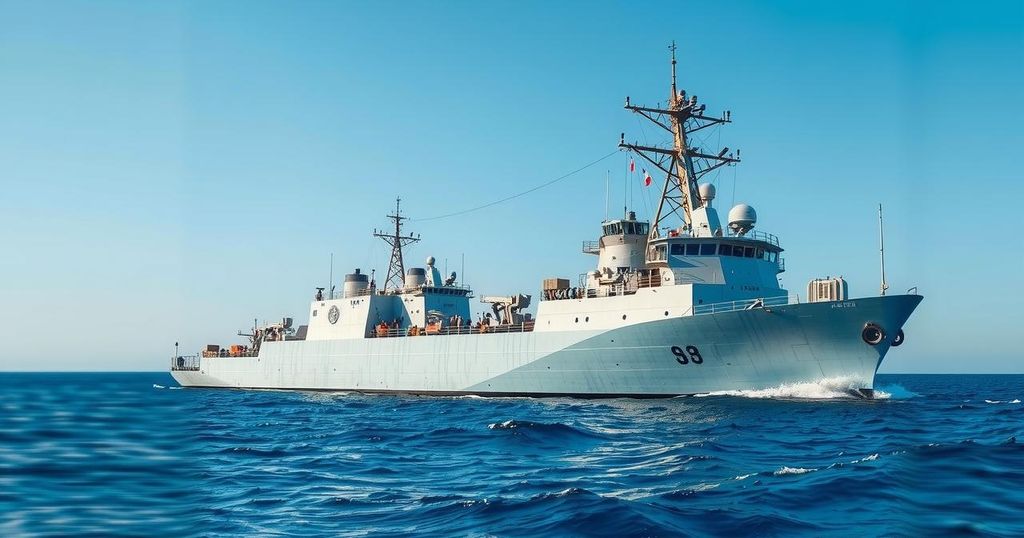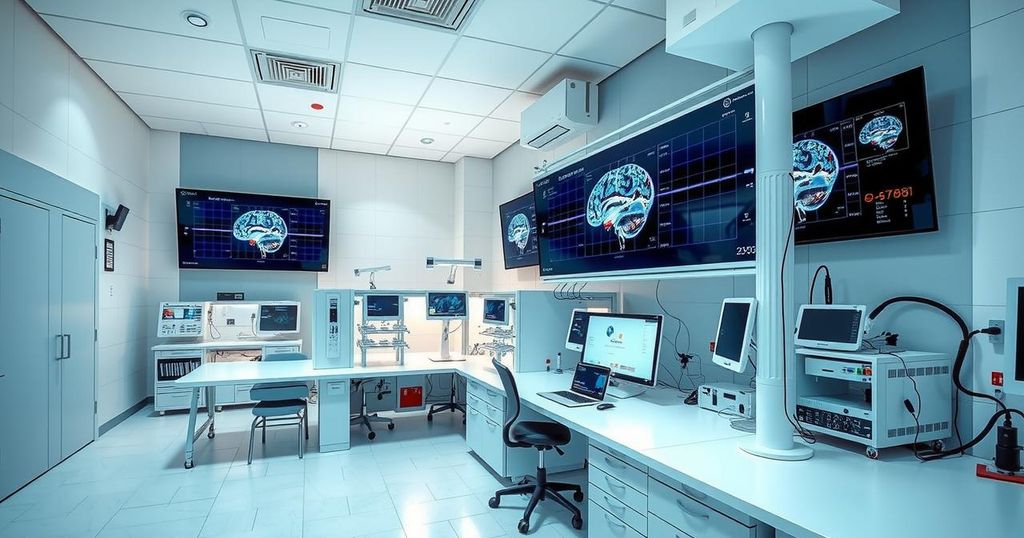Celebrity
AFRICA, AGK FIRE INC, ASIA, CHINA, DIPLOMACY, EU, EUROPE/ASIA, GO, GOPI, IANS, INTERNATIONAL RELATIONS, LIBYA, LIBYA SANCTIONS COMMITTEE, MARITIME SECURITY, MEXICO, MOVIES, MU, MUAMMAR GADDAFI, NORTH AMERICA, RUSSIA, SANCTIONS, SECURITY, SECURITY COUNCIL, SOCIAL, SOCIALNEWS, UN, UNITED NATIONS, UNSC, XINHUA
Marcus Chen
0 Comments
UN Extends Authorization for Vessel Inspections Related to Libya Arms Embargo
The UN Security Council has extended an authorization enabling member states to inspect vessels suspected of violating the arms embargo on Libya. Resolution 2780, approved with 13 votes, allows inspections for six more months. Russia and China abstained from support, questioning the effectiveness of current operations. The embargo has been in place since 2011 following political turmoil in Libya.
The United Nations Security Council has made a significant move by adopting a resolution that extends the authorization for member states to inspect vessels suspected of breaching the arms embargo on Libya. Known as Resolution 2780, it grants this authority for an additional six months. The inspection applies to vessels on the high seas that are believed to be transporting arms or related materials to or from Libya in violation of the existing embargo imposed by the Council.
This resolution was passed with 13 votes in favor, while Russia and China abstained from voting. The two nations expressed concerns regarding the effectiveness of the European Union’s Operation IRINI, the only current regional effort tasked with inspecting vessels under this authorization. Specifically, representatives from Russia and China raised questions about the handling of items intercepted during these operations.
The arms embargo was first established by the Security Council in 2011 in response to the political chaos that followed the downfall of former Libyan leader Muammar Gaddafi. In addition to this embargo, the UN sanctions regime empowers the Libya Sanctions Committee to designate vessels involved in illicitly exporting crude oil from Libya, thereby imposing penalties on vessels that engage in prohibited transactions.
Resolution 2292 was an earlier initiative adopted in June 2016, which authorized similar vessel inspections to enforce the arms embargo. As part of the new resolution, the Secretary-General of the UN is tasked with reporting back to the Security Council within five months regarding the implementation of these measures. This ongoing effort underscores the UN’s commitment to ensuring that the arms embargo remains enforced and that Libya’s peace and stability are prioritized in international discussions.
In summary, the UN Security Council has extended the vessel inspection authorization as part of ongoing efforts to enforce the arms embargo on Libya. Despite this, concerns raised by Russia and China about the operational effectiveness of the EU’s inspection efforts highlight the complexities surrounding the sanctions enforcement. This resolution, along with earlier measures like Resolution 2292, illustrates the UN’s dedication to managing the situation in Libya and combating illicit activities tied to the conflict there.
Original Source: www.socialnews.xyz




Post Comment